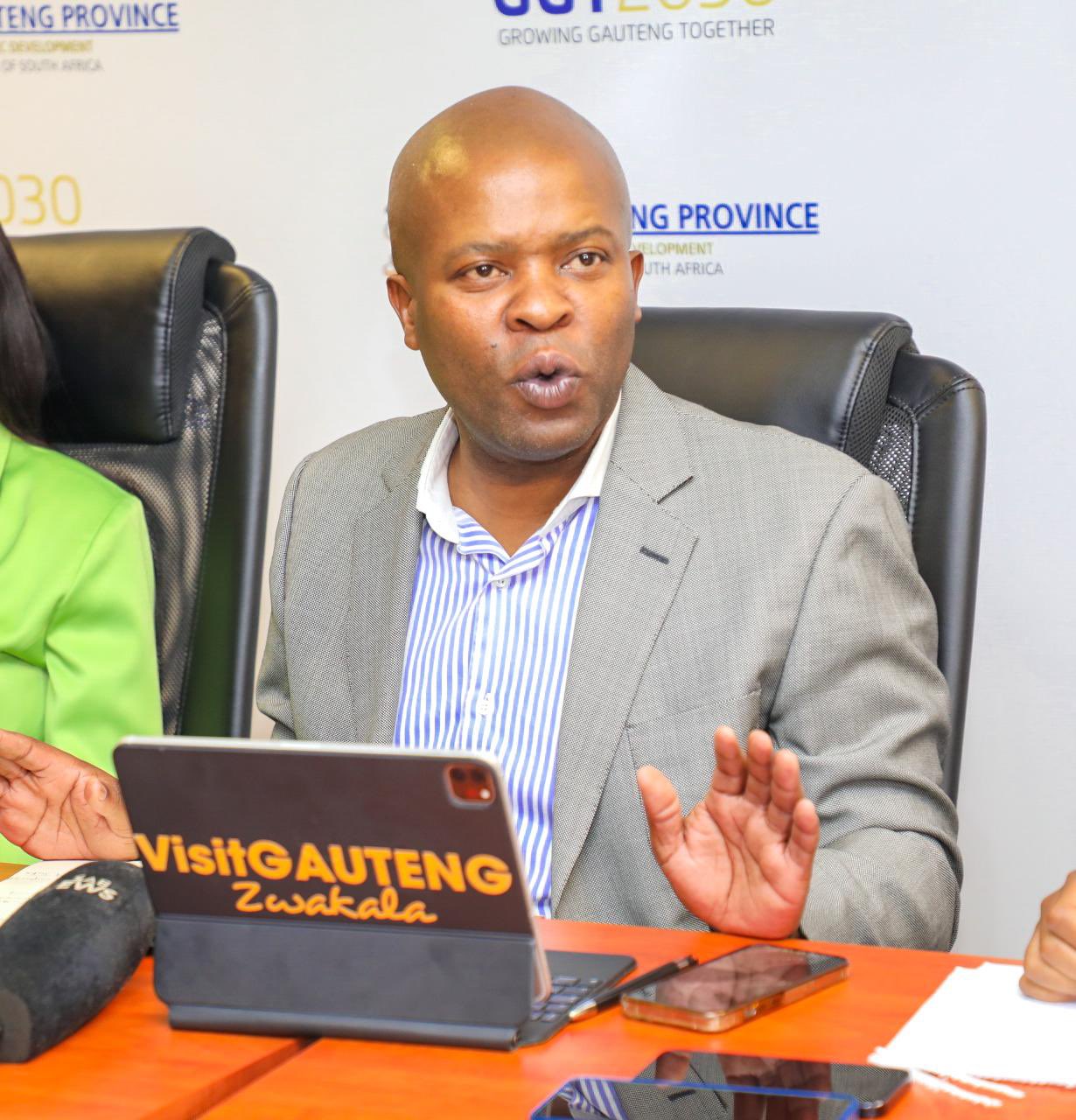
Lebogang Maile says plans in place in case of weather disasters in Gauteng over festive season! As summer ushers in warmer weather and unpredictable storms, Gauteng’s executive council has affirmed its preparedness to address potential disasters.
Acting Premier Lebogang Maile reassured residents on Sunday that the province has implemented a coordinated disaster management strategy to mitigate risks and respond efficiently to emergencies.
Reviewing Gauteng’s Disaster Preparedness
During a media briefing, Maile confirmed that the council had reviewed Gauteng’s disaster preparedness to tackle challenges typically associated with the summer season. These include heavy rains, thunderstorms, flooding, and heatwaves that can cause injuries, damage infrastructure, and disrupt daily life.

Citing the November storm in Randfontein, where several people were injured, Maile emphasized the importance of readiness. “We are aware of the hazardous weather conditions that come with the season,” he said, adding that proactive measures have been prioritized.
Coordinated Disaster Risk Management
Gauteng’s disaster response plan focuses on coordination and resource optimization. According to Maile, the goal is to ensure “maximum and efficient utilization of all resources to prevent injury, diseases, and loss of life, and to protect and preserve infrastructure.”
The disaster management strategy includes:
- Early Warning Systems: Collaborating with meteorological services to provide timely weather alerts to residents and authorities.
- Rapid Response Teams: Deploying emergency personnel, including medical services, firefighters, and search-and-rescue teams, to affected areas.
- Infrastructure Protection: Ensuring that critical infrastructure such as bridges, roads, and power lines are inspected and reinforced to withstand severe weather conditions.
- Community Education: Raising awareness among residents about how to stay safe during extreme weather events and encouraging preparedness at a household level.
Learning from Past Incidents
The storm in Randfontein served as a reminder of the dangers that summer weather can bring. The damage caused by the storm highlighted gaps in readiness, prompting the council to refine its disaster management approach.

Maile acknowledged the lessons learned from such incidents, stating, “We cannot prevent natural disasters, but we can minimize their impact through preparation and swift action.” The province’s renewed focus on disaster risk reduction aims to mitigate the effects of similar events in the future.
Partnering with Municipalities and Stakeholders
The success of Gauteng’s disaster preparedness plan relies on collaboration between provincial authorities, municipalities, and community organizations. Local governments are tasked with implementing measures such as clearing stormwater drains, maintaining roadways, and identifying vulnerable areas.
In addition, private sector partnerships are being leveraged to provide resources such as construction equipment, temporary shelters, and relief supplies. Non-governmental organizations (NGOs) and community groups are also playing a role in supporting affected individuals and families during emergencies.
Addressing Climate Change and Urban Risks
Gauteng’s susceptibility to severe weather events is exacerbated by urbanization and climate change. As the province continues to expand, infrastructure in densely populated areas faces increased pressure during storms and floods.
To address these challenges, the disaster management plan includes long-term strategies such as:
- Green Infrastructure: Promoting the development of natural drainage systems and flood-resistant designs in urban planning.
- Climate Adaptation Measures: Encouraging sustainable practices that reduce carbon emissions and improve resilience to climate-related hazards.
Maile reiterated the importance of tackling underlying vulnerabilities, saying, “Building climate resilience is essential for the safety and well-being of our communities.”

Community’s Role in Disaster Preparedness
While the government is committed to leading disaster response efforts, residents also play a crucial role in preparedness. Community members are urged to stay informed about weather conditions, have emergency plans in place, and report hazards such as blocked drains or unstable structures to local authorities.
By working together, Gauteng can ensure that its citizens are better equipped to handle unforeseen events during the summer season.
A Safer Summer Ahead
Gauteng’s proactive approach to disaster management reflects its commitment to safeguarding residents and infrastructure. With early warning systems, coordinated response efforts, and community involvement, the province aims to minimize the impact of extreme weather events this summer.
As acting Premier Maile emphasized, “Through collaboration and preparation, we can face this season with confidence and resilience.”
Would you like tips on how to prepare for summer storms or other emergencies?
#Lebogang #Maile #plans #place #case #weather #disasters #Gauteng #festive #season



